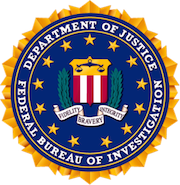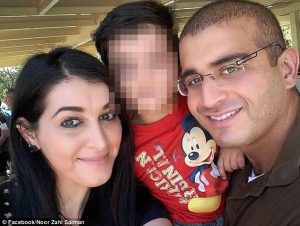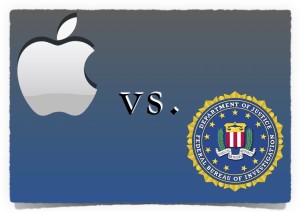On January 10th, 2017, it was announced that Jared Kushner, Donald Trump’s son-in-law, was appointed as Senior Advisor to the future President. News reports of “conflict of interest” by Donald Trump, Jared Kushner and the Trump family have morphed into allegations of insider trading, a crime punishable by prison and significant financial penalties.
New York Senator and Senate Minority Leader, Charles Schumer, brought up the issue of insider trading and cabinet nominees at a news conference last week, and…POLITICO reports that Congressman Elijah Cummings is looking at corruption hearings on the Trump business and its ties into the government.
There is talk of a pending Congressional criminal hearing on violations of Stock Act of 2012 and insider trading charges in contemplation against Donald Trump and his family members. The Stock Act of 2012 was enacted to restrict insider trading by members of Congress and their staff and can extend to the President. The inquiry examines the extent to which Donald Trump, Mr. Kushner and Trump family members have exploited access to government policy in making real estate ventures.
The Stock Act, according to a former ethics advisor to President Obama, Attorney Norm Eisen, “…is probably one of the things that is giving Trump’s lawyers pause.” Eisen wrote in an email: “As long as he maintains an interest in his businesses, the temptations and opportunities for information to leak back-and-forth between him and his family will be too profound.” The email goes on to state that violation of the Stock Act and other laws, is a scandal that can bring ruin on Trump family members as they pursue real estate transactions, current and future, after gaining access to information from their father. The Office of Government Ethics (OGE), which sets ethics policy for the Executive Branch of the Federal government, has yet to comment on on the matter. The reason is at this time, pre-inaugural, there are no violations. The OGE has policy statements clarifying this issue that executive branch employees cannot engage in a financial transaction using nonpublic information.
Legal definitions are needed here……What is insider trading? The securities laws broadly prohibit fraudulent activities of any kind in connection with the offer, purchase, or sale of securities. These provisions are the basis for many types of disciplinary actions, including actions against insider trading. Insider trading is illegal when a person trades a security while in possession of material nonpublic information in violation of a duty to withhold the information or refrain from trading.
The SEC recently adopted new rules, 10b5-1 and 10b5-2 which go a long way to reach investment in non-publicly traded stock companies, such as a non-traded corporate ‘shell’ into which a real estate investment is owned. The Rule states that Rule 10b5-1 provides that a person trades on the basis of material nonpublic information if he/she is “aware” of the material nonpublic information when making the purchase or sale. The rule also sets forth several affirmative defenses or exceptions to liability. The rule permits persons to trade in certain specified circumstances where it is clear that the information they are aware of is not a factor in the decision to trade, such as pursuant to a pre-existing plan, contract, or instruction that was made in good faith.
Where do we go from here? First, do not confuse conflict of interests with insider trading. Second, seek out information on the investors, foreign governments and banks whom benefit from Trump properties. And thirdly, follow my blog.
 South Florida Criminal Defense Lawyer Blog
South Florida Criminal Defense Lawyer Blog




.jpg/220px-Donald_Trump_August_19,_2015_(cropped).jpg)
.jpg)





